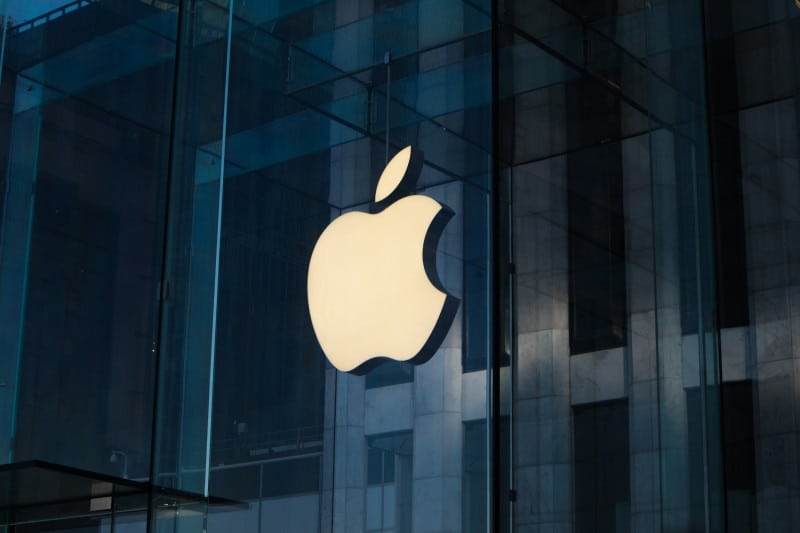 Differentiate or Die… Really?
Differentiate or Die… Really?
Starting a new business is a race against time to cashflow. In an effort to be chosen above the competition, many seek to differentiate themselves. In corporate speak, this is referred to as your “Unique Value Proposition” (UVP).
The problem is, you’re trying to create a factual, logical distinction, but your potential customers will never care as much as you think they should.
Vulnerabilities of differentiation:
Differentiation requires at least one component of your product/service to be different than your competitor’s. In other words, you’re reinventing the wheel, at least in part.
Ideas of how to differentiate can lead business owners to have a dangerously inaccurate ambition for their business.
Your potential customer is likely familiar with and comfortable doing business with a company like yours. The more different your offerings become, the more confusing. And as the saying goes, “A confused mind always says ‘no’”.
Yes, your differentiation could actually be creating friction for your would-be customers.

So why do companies like Apple grow, and other better companies flounder into obscurity?
77% of Mac buyers can’t name how Mac/Apple is differentiated from other similar electronic devices…
Put another way, 77% of Mac buyers pay 5 times the price of a $200 Chromebook, but cannot give a logic-based reason for why.
Is a Mac different from a Chromebook? Of course. But Apple’s notoriety is foremost because of the distinctive brand they have built.
Distinctiveness: Pulling the curtain back on who you are as a person/company and what your core values are.

Since its 1984 campaign, dubbed “the greatest ad ever made” and through to its iconic “Think Different” campaign, Apple’s marketing hasn’t been based on how it is different from Windows, Dell, Chromebook, etc. Apple has grown to prominence because they present themselves as the ideal machine for those who want to break out of monotony, be creative, and change the world. The differentiation then follows behind the scenes.
Marketing to connect-with and relate-to people’s emotions and desired future outcomes worked for Apple, and it can work for you too.
Here in Boise, Veterans Plumbing is distinctive by hiring only veterans. When I saw their ad, I thought “I’m going to spend about the same amount of money whoever I hire, so I want my money to go to people who have served our country.” The distinct feeling they invoke in their customers is pride in their country and a sense of altruism for supporting those who served.
They do the exact same type of work as their competitors (not differentiated).
But they are distinctive, and unless their quality of work or service plummets, I plan to continue to give them my business for years to come.
Becoming distinctive can actually be much easier and less expensive than the cost to differentiate…
It takes:
- Finding what makes you distinctive
- Articulating how you’re distinctive in a compelling way that connects with people
- Shouting it from the rooftops
If you find someone who can effectively amplify your distinctiveness, you’ll have found someone who can grow your business by multiples.
There’s both an art and a science to all three steps, and this is exactly what my partners and I specialize in.
- Which Marketing Strategy is Most Effective? - February 10, 2025
- How to Become Famous on a Small Marketing Budget - January 31, 2025
- Is ROAS the Crown Jewel of Marketing Metrics? - January 23, 2025
